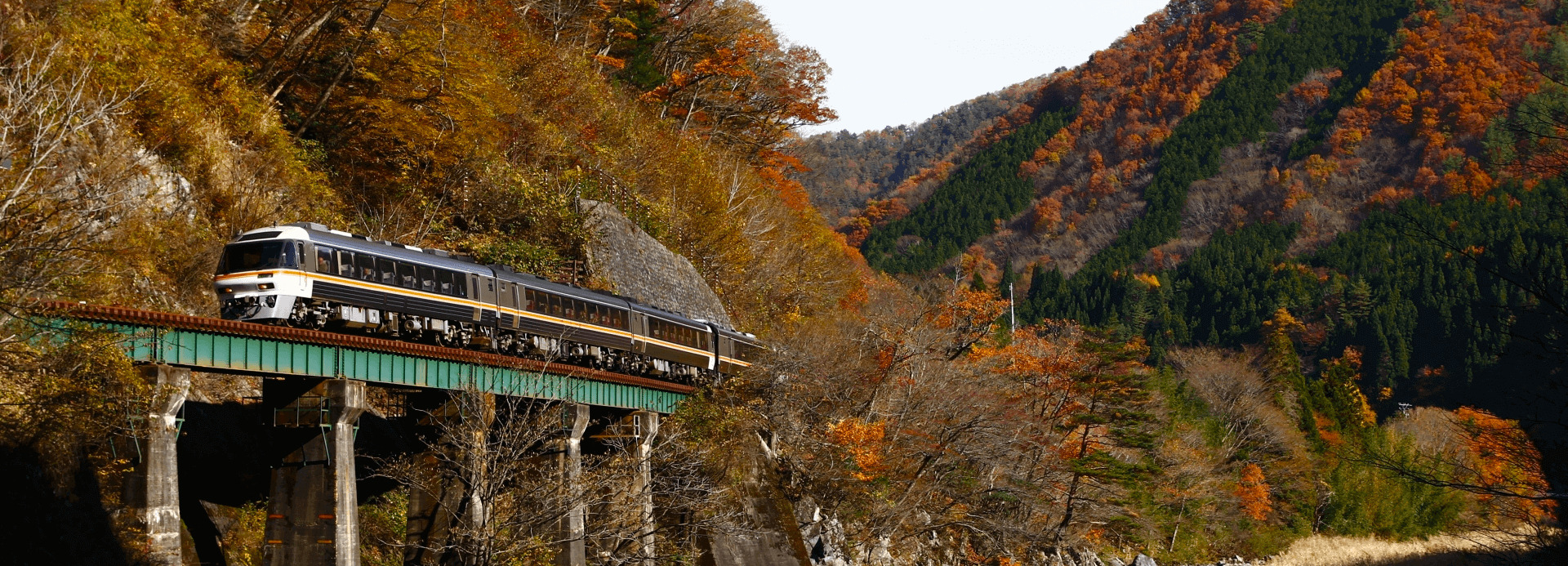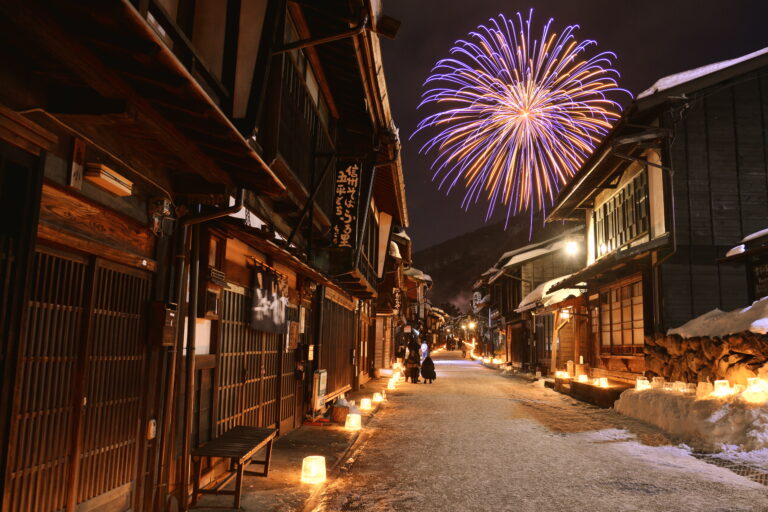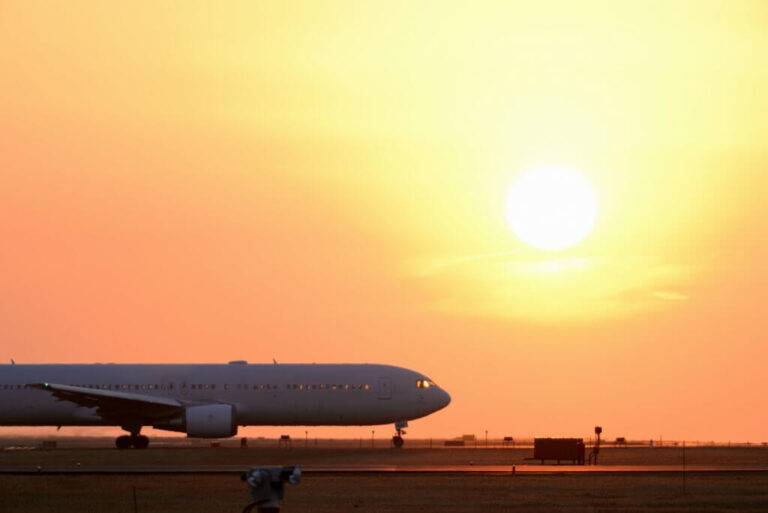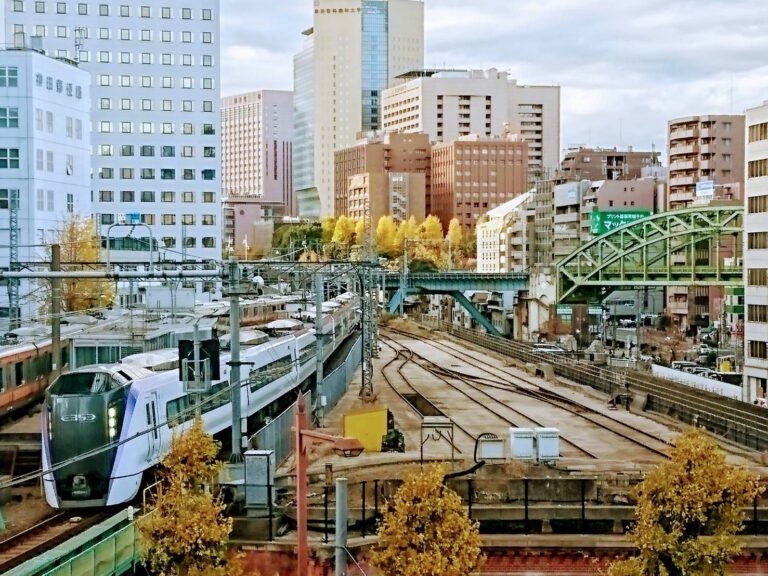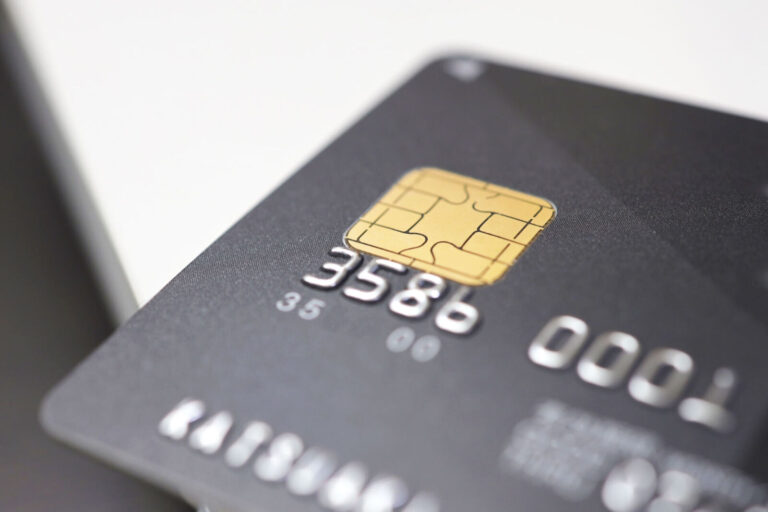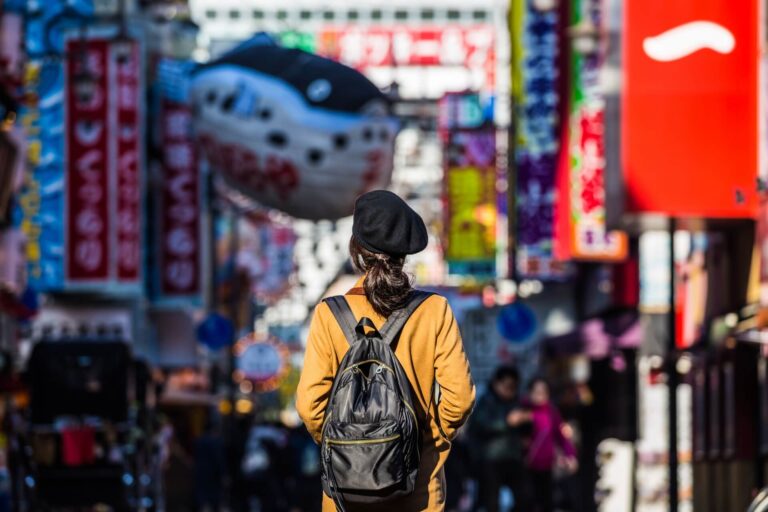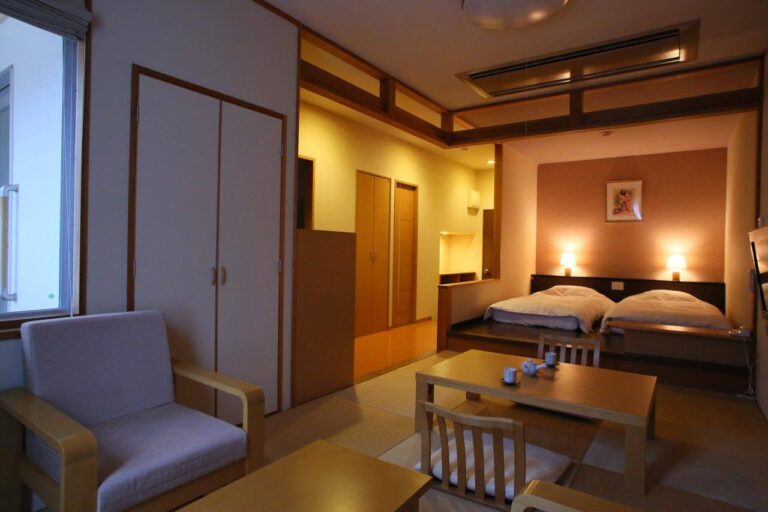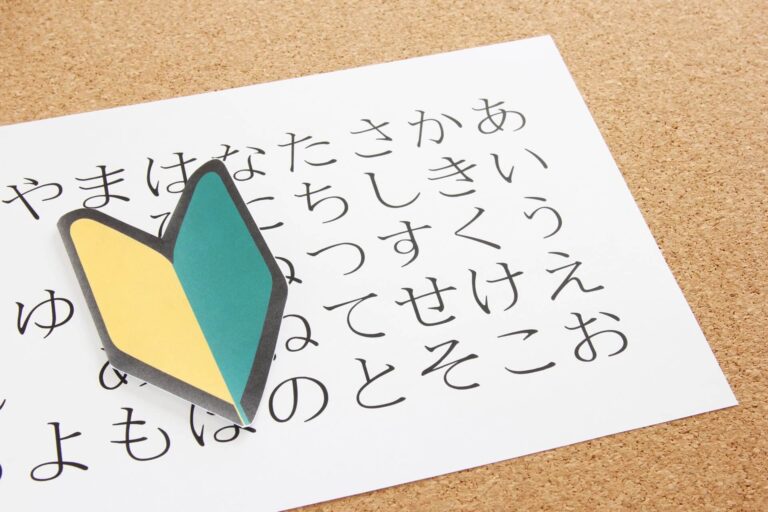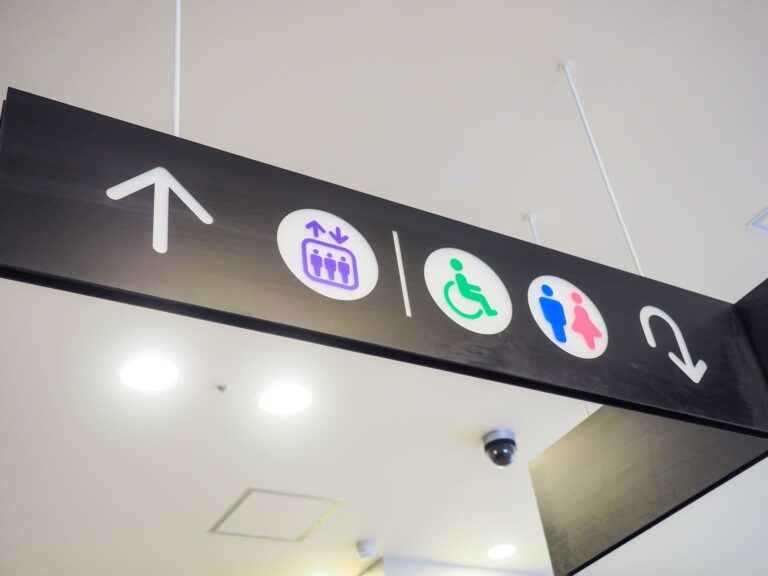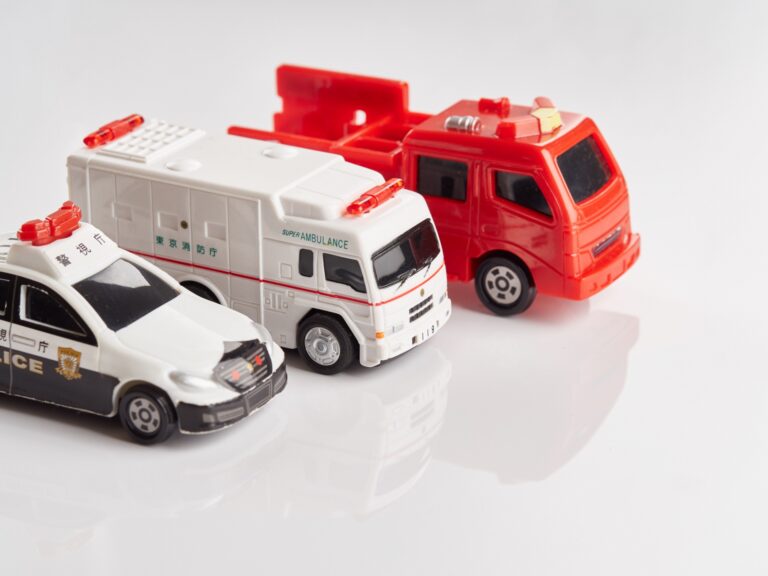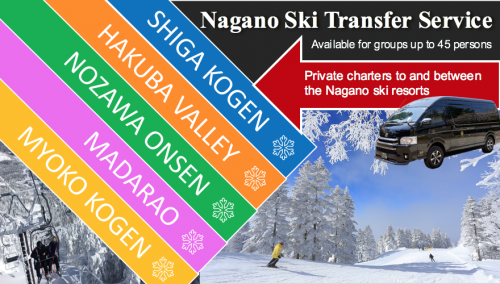Staying Safe & Healthy in Japan
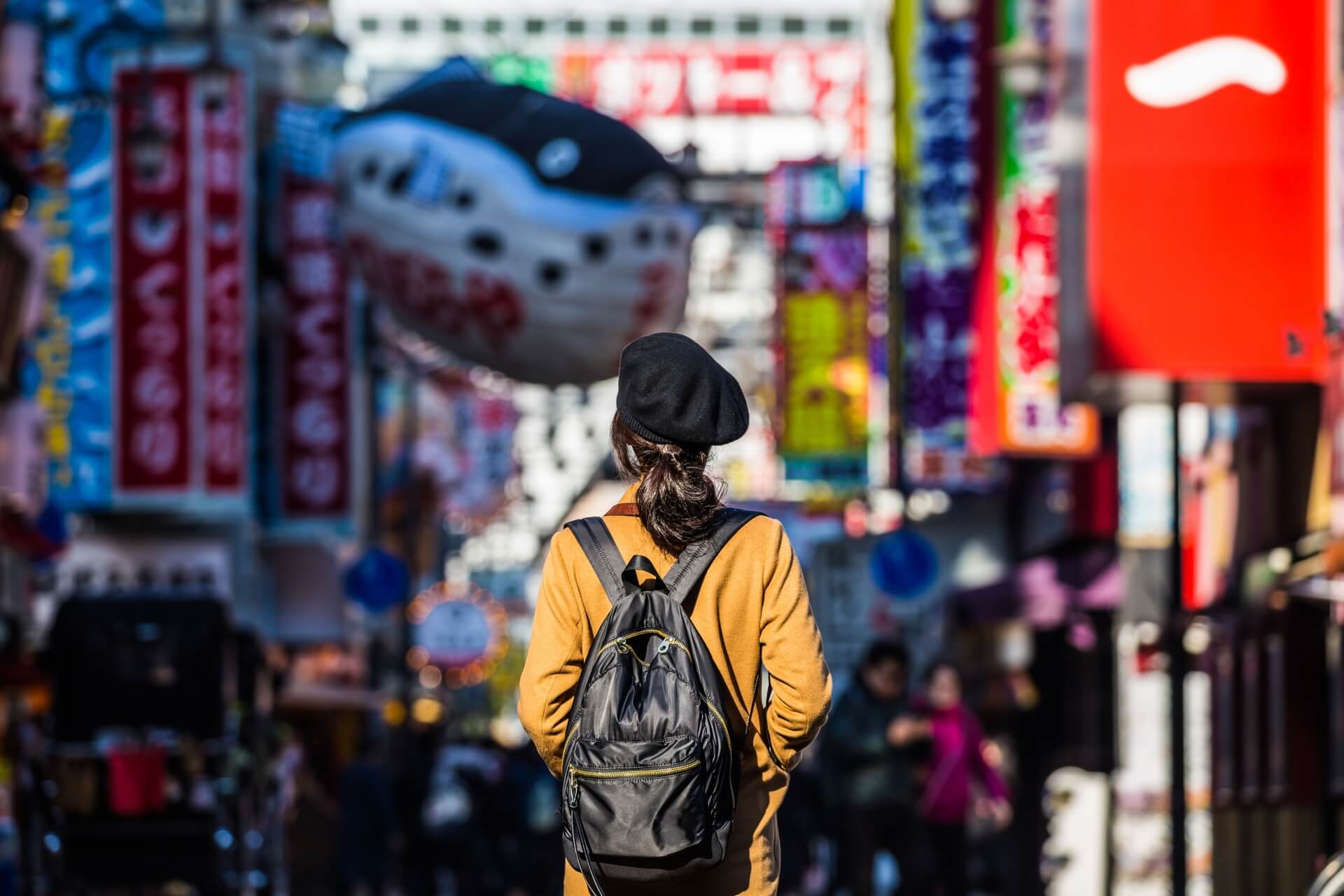
As the longest living country in the world and one of the safest, visitors to Japan can expect a comfortable visit in all regards. The crime rate across the country is low while the standard of living is high making Japan hugely appealing as a destination. Indeed, it’s a somewhat amazing fact that despite being the world’s largest city, Tokyo is also rated among the most safe anywhere on the planet. With that said, it is worth knowing what to expect and acting in a manner that ensure your health and safety. On this page you will find the following information:
1 / Staying Safe
3 / Staying Healthy
4 / COVID-19
5 / Alcohol & Drugs
6 / Medication
7 / Mental Health
8 / Dietary Requirements & Allergies
For further essential travel information, see our ‘Plan Your Visit’ main page.
1 / STAYING SAFE
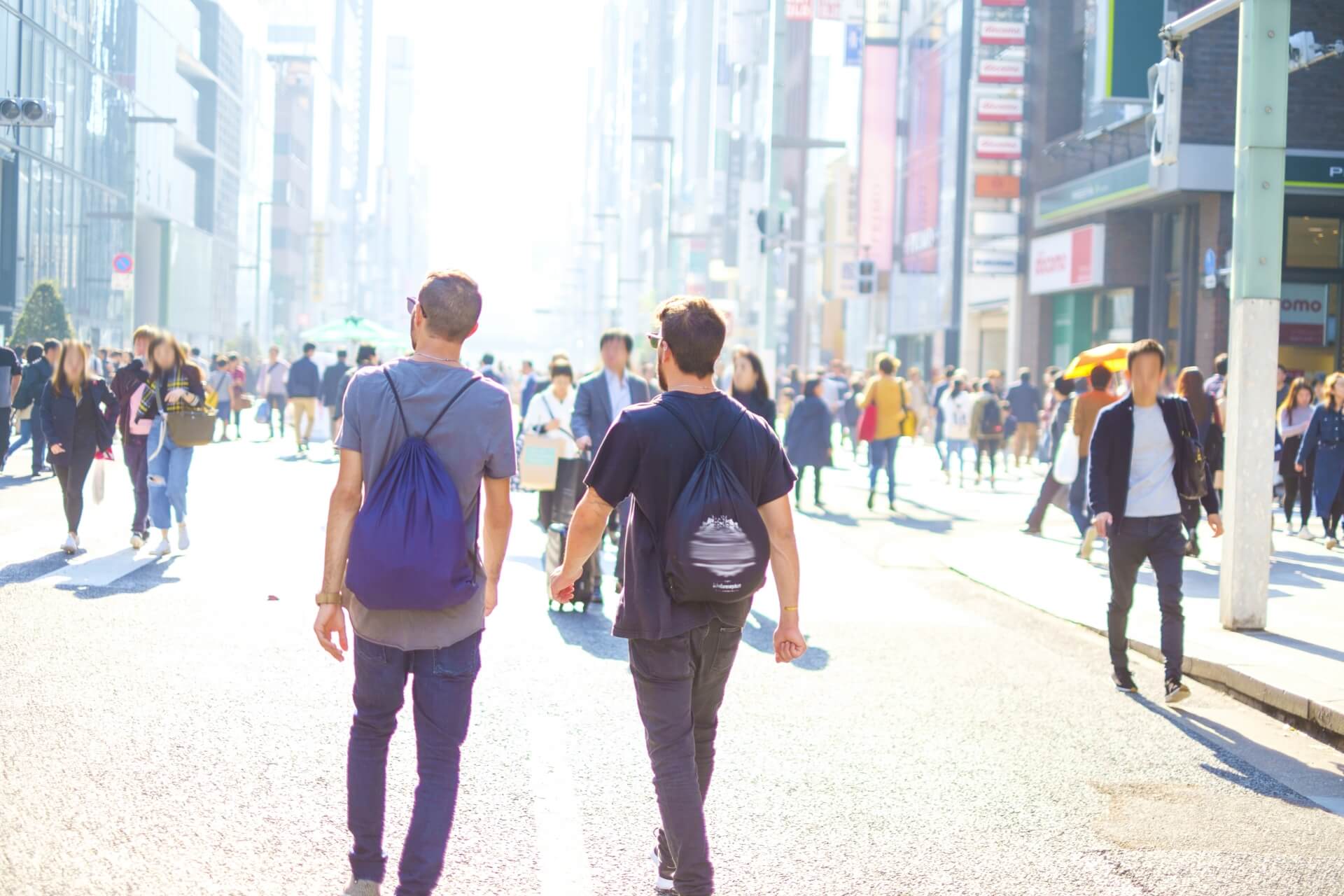
Japan is one of the safest countries in the world allowing you to travel with peace of mind wherever you go. Even in large cities such as Tokyo, Yokohama, Kyoto, Osaka, Kobe, Fukuoka and Sapporo you can expect to move around freely, at any time of day, without hindrance. This includes moving around at night.
Rates of both minor and serious crimes are low while laws prohibiting firearms and weapons are strict, meaning that violent crimes are relatively rare. You are unlikely to experience any or witness any trouble while here and you will quickly notice how relaxed many Japanese are, leaving their personal items including wallets and phones unattended or clearly visible in public places.
Although safe, Japan is not a utopia and crime does exist. Exercise a reasonable degree of awareness about your surroundings and at night, be vigilant of who’s around especially in entertainment areas including around ‘pachinko’ (gaming/gambling centres), karaoke, ‘snack’ (hostess) bars, nightclubs, ‘love hotels’ and other late-night venues. These are often operated by ‘yakuza’ and like any country, such areas attract a more colourful crowd. Having said that, as long as you don’t go looking for trouble, even in those areas you are very unlikely to have a problem.
If you experience any trouble, do not engage and do not escalate the situation. Japanese do not like conflict or public embarrassment, so even if they are the aggressor, should the other person respond in an aggressive manner it is likely to quickly escalate. Should you be harassed or the victim of a crime, do not hesitate the police They are typically polite and reasonable to deal with – see our ‘Getting Assistance in Japan’ page for further information.
2 / NATURAL DISASTERS
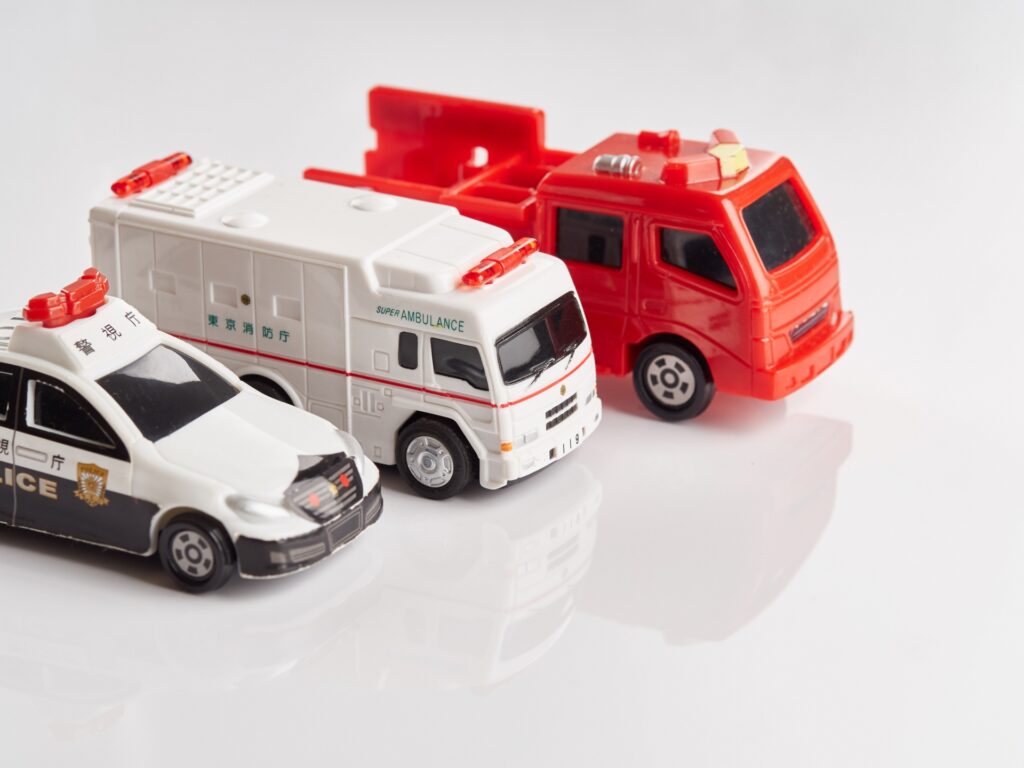
As the world’s most seismically-active country, Japan faces its share of challenges in the form of earthquakes and tsunamis. It has an impressive number of active volcanoes while typhoons and heavy rainfall add to the risk of flooding and landslides meaning that in terms of personal safety, travellers to Japan should be mindful of the possibility of natural disasters more than any other consideration.
While it is true that Japan can at times seem beset by natural disasters, this is nothing new and the Japanese have long lived with and risen to the challenge that they present. It has one of the world’s best early warning systems and Japanese are trained from a young age, what to do in the event of an emergency. Should you be here when something occurs, rest assured that Japan is well-prepared to face the challenge of multiple types of disaster.
Japan’s ‘Emergency Warning System’ or ‘EWS’ provides automatic, free-of-charge alerts in relation to earthquakes, tsunami, heavy rain, storm surges and volcanic activity. When activity is detected or a major event take places, the EMS automatically sends alerts to all mobile phones in the affected area. Television and radio stations will also relay real-time emergency information and if the event is serious enough, interpret their broadcasts to provide live information.
Earthquakes present the most regular concern. It is worth noting that any modern building – let’s say anything built in the past twenty years – is very safe and designed to withstand significant earthquakes. This is especially the case for any large building including hotels and public facilities and in the event of a major earthquake, you most likely safer inside any of these buildings than outside. When checking into your hotel – especially large hotels – note the emergency exits in relation to your room. Also note that lay-out of your room including overhead objects such as air-conditioners, televisions or other large objects that could fall during an earthquake. In the event of a major earthquake, small box-like spaces including underneath tables, door frames or prefabricated bathroom/toilet units – often used in hotel rooms – are the strongest and safest spots.
For more detailed information about the EWS and useful resources including foreign language websites, see our ‘Getting Assistance in Japan’ page.
3 / STAYING HEALTHY
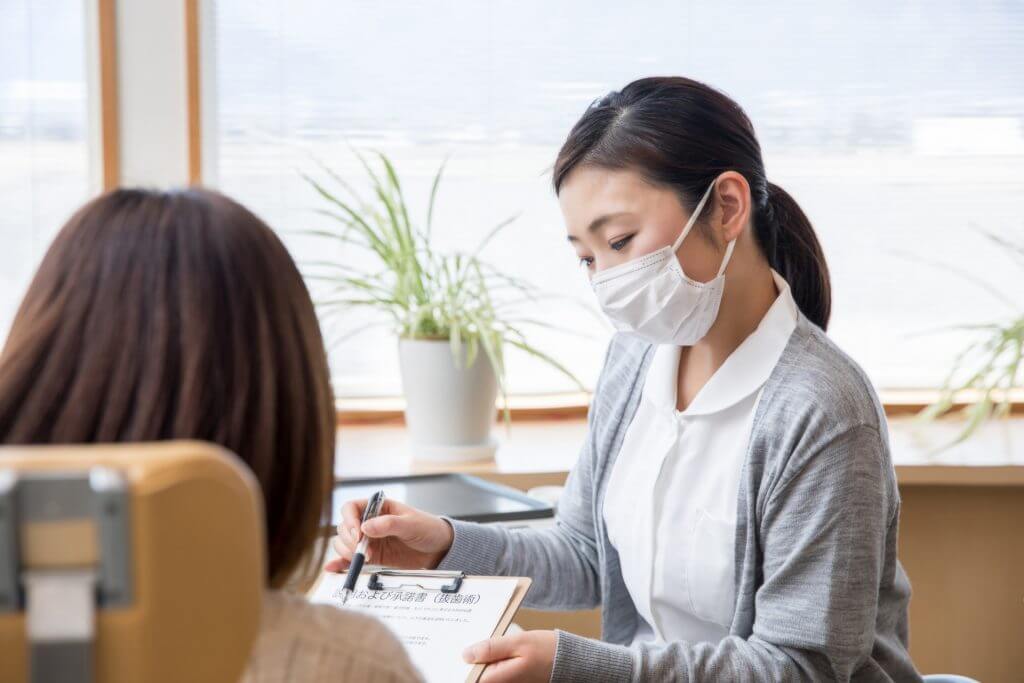
Japan’s obsession with cleanliness and world-class health system mean that you can travel around the country without too many concerns for your health. Most hotels, restaurants and public establishments are regularly sanitised and generally-speaking, Japanese maintain a high level of personal hygiene. Water is treated and clean allowing you to drink from the tap without concern.
The rate of infectious disease here is low and the recommended vaccines are limited mostly to routine shots including those for polio, measles, hepatitis, etc. In some cases, vaccination for Japanese Encephalitis might be require. For further information, refer to the ‘Centers for Disease Control and Prevention’ website.
Japan boasts one of the world’s best public health systems meaning that should you need medical assistance while here, you will be well-taken care of. Ambulances are free of charge – even for international visitors – while large hospitals and small clinics are found throughout the country. Rest assured, if you need medical assistance while here you will receive it but make sure you have adequate health insurance before traveling, otherwise help might come with a hefty bill. For more information including what to expect should you need to access medical assistance, choosing between a hospital or clinic, locating hospitals and clinics with foreign language services and more, see our ‘Getting Assistance in Japan’ page.
4 / COVID-19
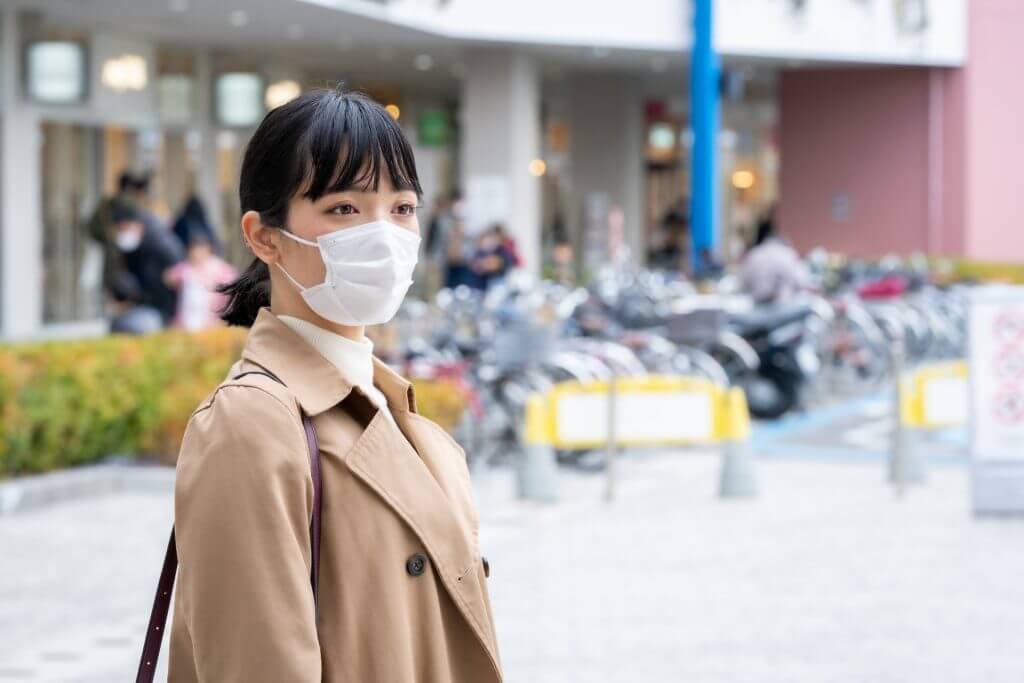
COVID-19 continues to have far-reaching affects around the world including in Japan. For the latest news and info including COVID-19 Updates, information about Japan’s COVID-19 vaccination program and more, refer to our ‘Clean Green & Healthy’ page.
5 / ALCOHOL & DRUGS
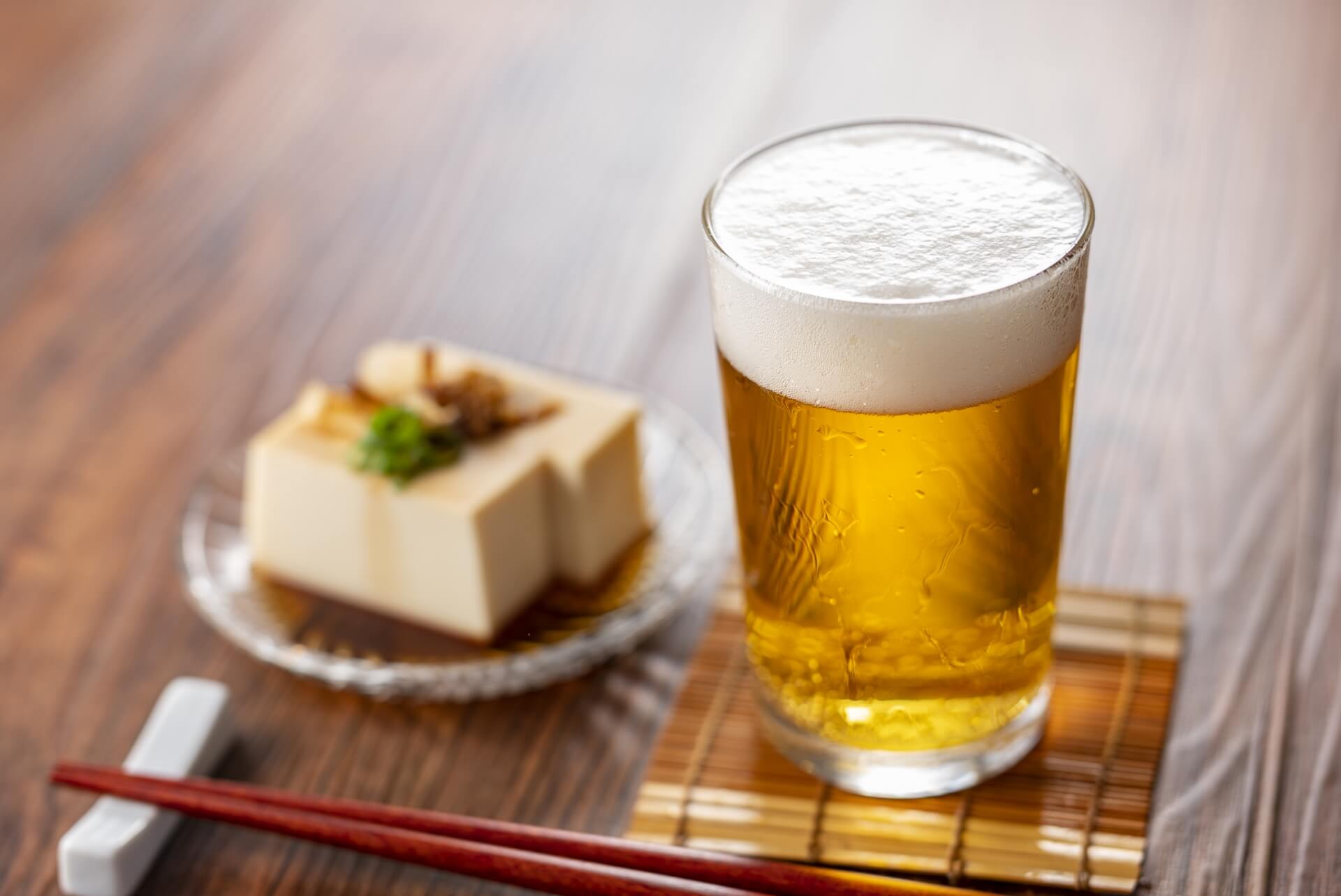
The legal age to drink alcohol in Japan is 20. Japanese generally follow this law and it is expected that foreigners do too. As a foreigner, it is unlikely you will be asked for ID when being served however if you are found to be drinking under-age, expect there to be repercussions including the possibility of police involvement. Alcohol is readily available in Japan and relatively cheap compared to many countries. It is not unusual to see displays of public drunkenness in the evening, especially in large cities where company employees – often called ‘salarymen’ – are obliged to drink with their boss and colleagues. This drinking can be hard and fast, leaving some intoxicated. Japanese generally turn a blind-eye to this as long as they aren’t causing a nuisance. It is very unlikely that this will lead to you having a problem however if you become intoxicated and are seen to start trouble, expect the police to be involved and for your time in Japan to end with a stay in a cell. So enjoy yourself but don’t overdo it and follow the rules.
Japan has zero tolerance for drugs and the law is strictly enforced. If you are found in possession of any illegal substance, regardless of the quantity, you will be arrested and put in prison. Japanese law allows police to hold people for an extended period of time without legal representation. If you are arrested on any drug-related charge, you will end-up in prison and it might be a long time before you can speak to anyone. You will likely be found guilty and could spend a lengthy period incarcerated before being shipped-off home. While Japan doesn’t have the death penalty for drug-related crimes, there is little sympathy in the community for anyone engaging in such behaviour so don’t take any risks.
6 / MEDICATION
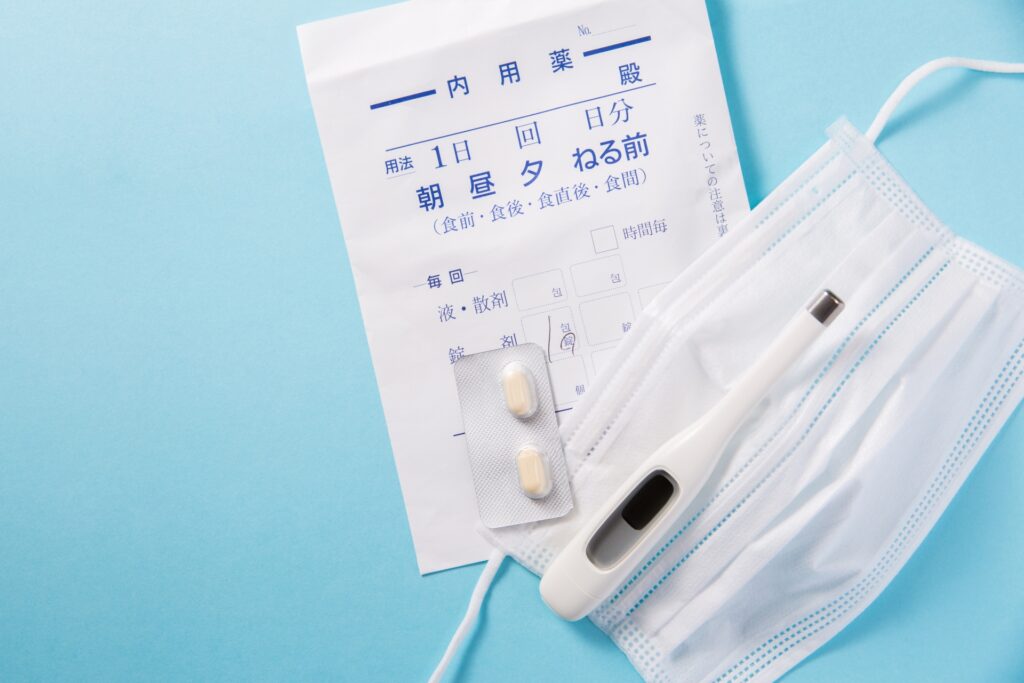
Japan has one of the world’s best health systems meaning that you should have no problem obtaining medication while here. There are however a couple of important things to note to avoid confusion or any trouble. While here, you should have no trouble finding equivalent over-the-counter (OTC) medication that you do in your home country with two important exceptions:
1 / any medicine containing more than 10% pseudoephedrine is prohibited
2 / any medicine containing any amount of codeine is prohibited
Do not carry any such medication with you when entering Japan. Travelers are permitted to bring a 2-month supply of any other OTC. Travelers are also permitted to bring a 1-month supply of any prescription drug as long as it does not fall under any of the prohibited medications (as described above) and is for personal use. It is important to note:
— any medication including opium, cannabis, amphetamines and methamphetamines is prohibited, regardless of whether you have a prescription.
Do not carry any such medication when entering Japan. For any other prescription medication, follow the rules and make sure to carry your prescription with you. For further details, refer to the ‘Ministry of Health, Labour and Welfare’ website including applying for clearance to carry more than a 1-month supply of medication. If you need to purchase medication while here, you again shouldn’t have any problem finding a pharmacy. They are dotted throughout most cities and towns and can provide the following without a prescription:
CLASS 1: strong medication with potential side-effects which can only be dispensed by a pharmacist. You will be asked to explain your symptoms so that they can choose the correct medication for you. They are then required to explain about the medication including potential side-effects to you. Even if you can’t understand, they are still required to explain things to you.
CLASS 2: includes cold and headache medicine with potential side-effects. The pharmacist is also required to explain things to you.
CLASS 3: standard medication, vitamins and probiotics. The pharmacist is not required to explain anything unless asked.
If you need a prescription to be issued while here, you will first need to visit a hospital or clinic – see our ‘Getting Assistance in Japan’ page for further information.
7 / MENTAL HEALTH

Like many countries, mental health is huge and ongoing issue in Japan which unfortunately, remains often stigmatised and not publicly discussed. This extends to the mental health and treatment of international visitors and residents who often find dedicated services poorly lacking. This is most pronounced when it comes to accessing services in foreign languages. Thankfully there are a couple of services to be accessed. Tell offers free, anonymous and confident telephone support in English and other foreign languages on 03-5774-0992 while the International Mental Health Professionals Japan website provides a database of registered mental health workers who can provide counseling in English and other foreign languages. For a link to a national database of medical institutions, including those offering counseling and psychiatric services, see our ‘Health System – Hospitals vs Clinics’ on our ‘Getting Assistance in Japan’ page.
8 / DIETARY REQUIREMENTS & ALLERGIES
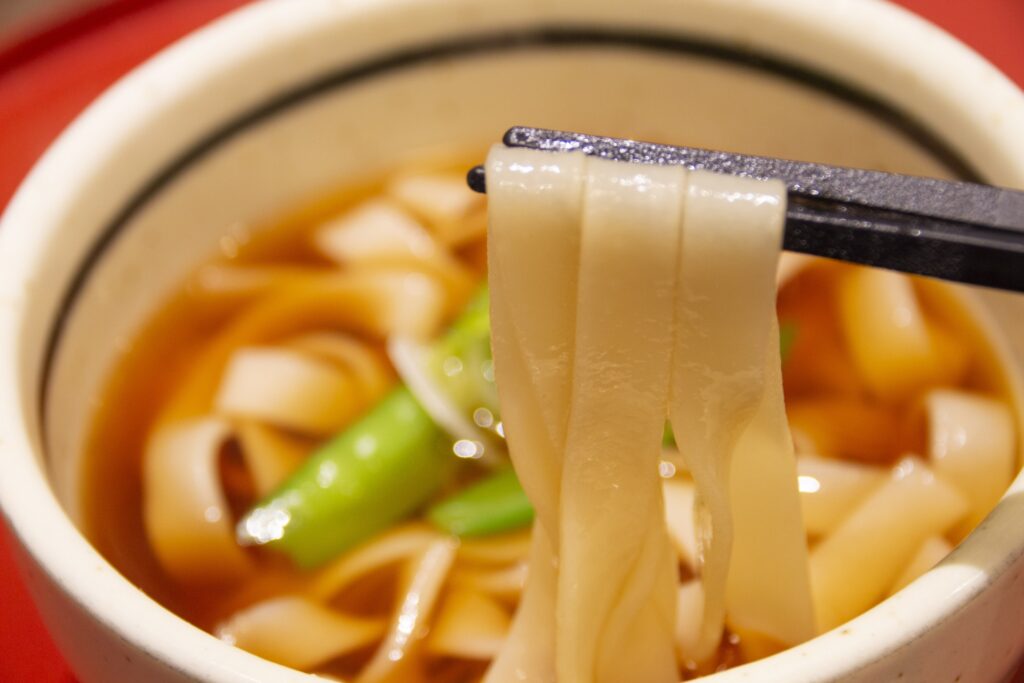
The Japanese preoccupation with hygiene and general cleanliness means you can expect to eat whatever you like without getting sick. Needless to say, the food is great – one of the best things about traveling here! The traditional Japanese diet is well-balanced and includes lots of vegetables, pickled foods, rice and fish. In that sense, eating in Japan is well-suited to pescatarian and vegetarian travellers. However, over recent decades meat and dairy products have become increasingly common in the modern Japanese diet, meaning that vegetarian and especially vegan travellers can have a lot of problems finding restaurants and food that caters to their needs.
Outside of the cities, many Japanese aren’t aware of such dietary requirements and may have trouble catering to requests or clearly explaining whether a dish includes any animal products – noting that many dishes use a fish or seafood-based stock and it might not occur to a restaurant that the base stock is not vegetarian, when catering to your needs. Our advice is to be as flexible as possible and should a mistake occur, understand that is wasn’t intentional.
For travellers with allergies – especially those with serious allergies – we recommend having text written in Japanese explaining exactly what you cannot eat. By showing this to the restaurant each time you should avoid any problem however please also note, travellers with any seafood allergies should be particularly careful for the reason stated above i.e. fish and shellfish stock is so common, it might not occur to the kitchen that it is in the dish. So if this is an issue for you, have it written down and ask them to check carefully and avoid any dish with soup or broth.
9 / MUSLIM TRAVELERS & HALAL
Japan as a relatively small Muslim population however it is a popular tourist destination for visitors from many Muslim countries. Though many Japanese do not have a good understanding of Islam, people are very tolerant of other faith systems meaning that Muslim travellers should not expect any problems while here. At this time there are few halal food producers in Japan and relatively few restaurants that serve halal. The recent increase in tourism from Muslim-majority countries means that halal restaurants are popping-up in major cities and airports, however it will be sometime before halal is widely available even in cities such as Tokyo. The ‘Halal Gourmet Japan’ website lists halal restaurants in Tokyo and some other major cities. Unfortunately, few supermarkets carry halal food and when outside the major cities meaning that at this time, you are likely to have a lot of trouble finding halal restaurants.



